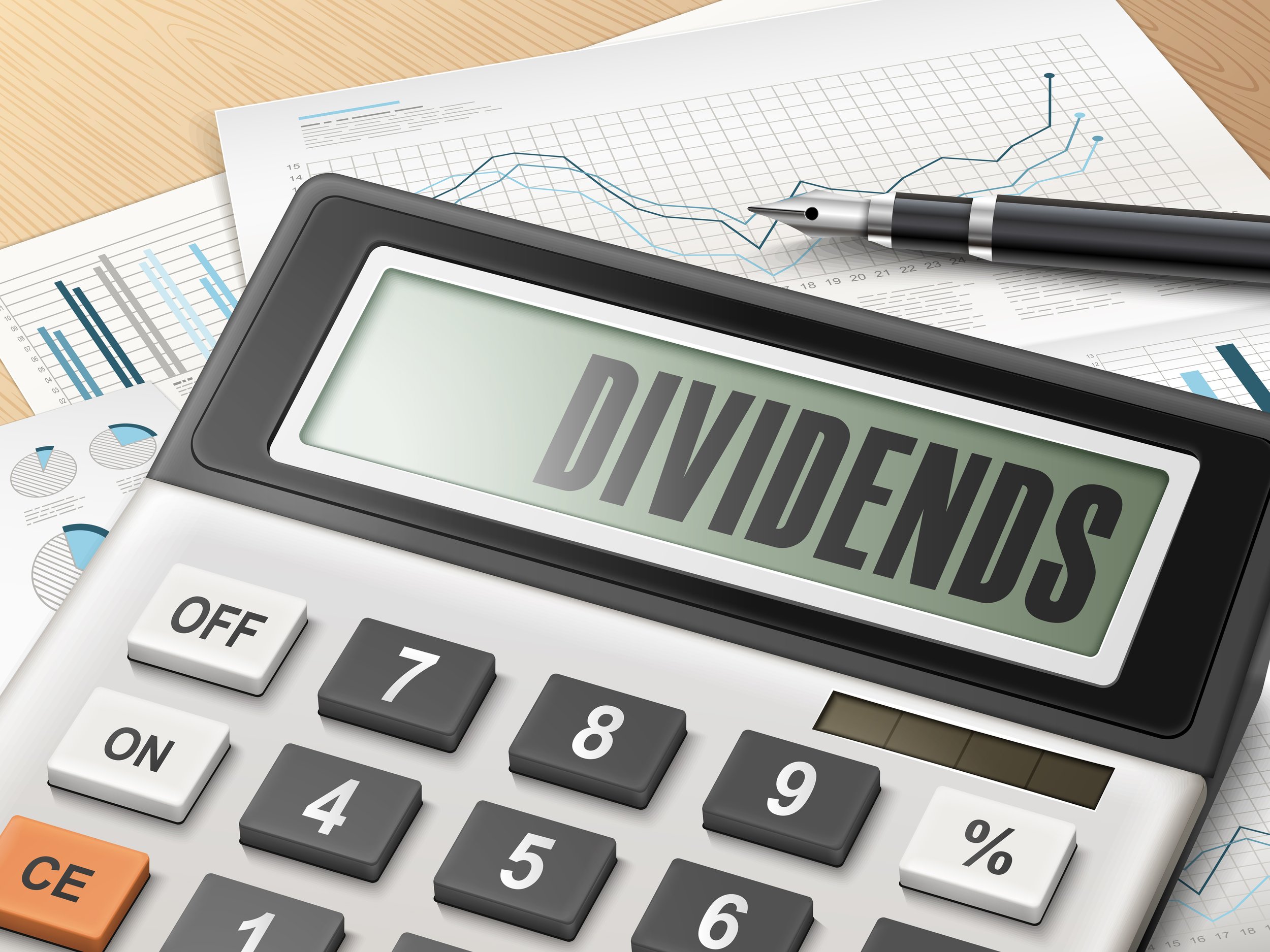Demystifying Dividends
In the intricate world of finance, particularly for small business owners, dividends stand out as a term that often requires clarification. Those who operate through limited companies frequently encounter the concept, leading to questions about their nature and their distinction from regular salary. In this guide, we'll explore the multifaceted world of dividends and their relevance to small businesses.
At its core, a dividend is a distribution from a company to its shareholders, originating from the profits the company has generated. This distinction is crucial: unlike salaries, which are remunerations for services rendered, dividends are a way for a company to share its after-tax successes with those who have invested in it.
But how does a dividend differ from a salary? Firstly, there's the tax treatment. Salaries are subject to National Insurance Contributions (NICs), both from the employee and employer perspectives. Dividends, on the other hand, escape NICs but are instead subject to their own specific tax - the dividend tax, which operates at different rates compared to income tax. Moreover, the issuance of dividends is contingent upon the company making a profit. While salaries can be allocated regardless of profit status, dividends require available profits for distribution. This very nature grants dividends their inherent flexibility, allowing business owners to adjust distribution based on the financial health of the company.
This flexibility, coupled with often favourable tax treatment, makes dividends an attractive choice for many small business owners. By opting to take a smaller salary (ideally up to the NIC threshold) and then supplementing income with dividends, owners can achieve a level of tax efficiency.
However, dividends aren't without their challenges. Business owners must be vigilant to ensure that dividends are drawn only from available profits. Drawing more than what's available can lead to the tricky territory of 'illegal dividends', which could necessitate repayment. The fluctuating nature of dividends, being dependent on profit, may also prove problematic for those who favour a predictable income. Additionally, reliance on dividend income might be viewed sceptically by mortgage providers, who sometimes perceive it as less stable than a fixed salary.
When deciding on dividends, keeping thorough records is paramount. Each dividend issuance should be accompanied by a dividend voucher, documenting essential details like the date, company, shareholders involved, and the specific amount. Frequent reviews of company finances are also advisable, ensuring that dividends are distributed in alignment with available profits. And with the ever-evolving landscape of dividend tax, staying informed about current rates and allowances is essential.
While dividends offer a flexible and often tax-efficient avenue for business owners to access company profits, they come with their own set of complexities. Ensuring that decisions around dividends are made with both business and personal financial goals in mind is crucial.
Navigating the realm of dividends can be intricate. At Intellitax, we specialise in guiding small business owners through financial decisions tailored to their distinct needs. Allow us to illuminate the path through the complexities of dividends, helping you harness their benefits while remaining compliant. Reach out to us today
Nothing on this page is intended to be or should be construed or taken as accountancy, investment, tax or any other kind of advice. We recommend individuals and companies seek professional advice on their circumstances and matters.

